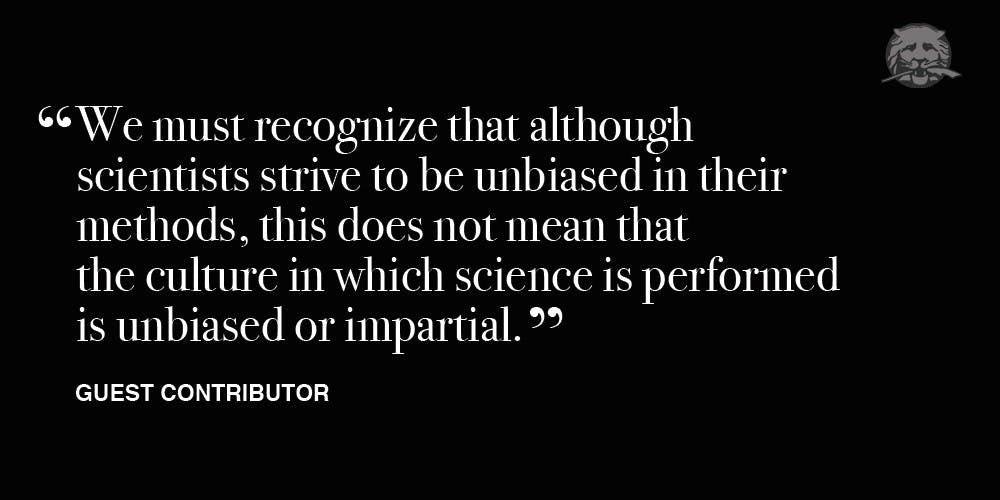In the heat of the current political climate, the upcoming 2018 election cycle is drawing candidates from an unlikely source: natural scientists. According to an article by the Huffington Post, over 60 researchers and technologists will be running for federal office, and more than 200 candidates with technical backgrounds are vying for state-level positions. This comes at a time when many in the scientific community are rolling up their sleeves and channeling their expertise to defend evidence-based policy in an array of efforts to support environmental and social movements.
At a time when so many scientists are eager to be civically engaged, it is critical for those in the technical fields to ask themselves — both as individuals and as a community — What does it mean to be an effective advocate? What does it mean to be socially involved? How does one act as a thoughtful ally? As scientists within their respective communities are finding their voice and searching for a cause to support, we must not forget to take a critical look at the institutions to which we claim membership and from which we derive (perceived or actual) “impartial” authority to speak on technical matters.
For scientists who wish to effectively support social causes, this reflection must first include a critical examination of the sciences as an institution and their relationship to society. While those trained in the humanities are practiced in this type of personal and institutional self-reflection, this type of analysis has been curiously omitted from our formal training as natural scientists, despite the emphasis we place on critical thinking. Therefore, we must take extra care and consideration in our approach to this endeavor, just as we would with any other scientific undertaking.
First and foremost, we must be ready to recognize that science is not done in a vacuum, and that the motivations and applications of our research are not as impartial as the tools we employ. Even more importantly, we must recognize that although scientists strive to be unbiased in their methods, this does not mean the culture in which science is performed is unbiased or impartial.
Let us be clear: science is awesome. At the same time, we recognize the well-documented issues entrenched in this system. Fundamentally, the institution of science — especially academic science — is not equally inclusive or accessible to all. Not only is this harmful to those who perform science and those who aspire to be scientists, but it is also harmful to the natural sciences as an intellectual endeavor. Science benefits from a diversity of identities and viewpoints.
We must confront a science culture that currently is, at best, indifferent and inaccessible. However, the reality is that it is often an actively hostile environment for minority and marginalized groups including women, people of color, and others who do not fit a very narrow set of social and experiential definitions. We must recognize and take responsibility for our scientific culture which clings to exclusivity and tacitly accepts an environment of harassment. If we wish to meaningfully engage social issues with the tools and experiences we take from our training in the sciences, we must begin by addressing the problems endemic to our community. We can, and must, through care and thoughtful consideration and discussion, sculpt a more inclusive and representative future of science.
Mike Hepler GS and Krupa Jani GS
Princeton Citizen Scientists is a group of graduate students that defends science, especially in public policy.








